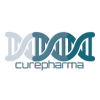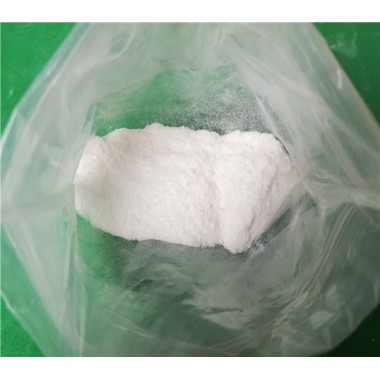Proparacaine HCL Local Anesthetic Drugs Proparacaine Hydrochloride CAS 5875-06-9
jamesliu@ycphar.com
skype: cotanjames
whatsapp: +86-13802264524
Proparacaine hydrochloride
EINECS: 227-541-7
Boiling Point: 434.4 °C at 760 mmHg
Flash Point: 216.5 °C
CAS: 5875-06-9
MF: C16H27ClN2O3
MW: 330.85
EINECS: 227-541-7
Assay: 99%
Usage: API
Appearance:White crystalline powder
Package:1kg/10kg or on request
Usage Anesthetic;Neuronal conductance inhibitor
Description:
Anesthesia, local- Proparacaine and tetracaine are indicated to produce local anesthesia of short duration for ophthalmic procedures including measurement of intraocular pressure, removal of foreign bodies and sutures, and conjunctival and corneal scraping in diagnosis and gonioscopy.
Applications:
Proparacaine hydrochloride and tetracaine are also indicated to produce local anesthesia prior to surgical procedures such as cataract extraction and pterygium excision, usually as an adjunct to locally injected anesthetics.
Ophthalmic solutions used for intraocular procedures should be preservative-free. Preservatives may cause damage to the corneal epithelium if a significant quantity of solutionenters the eye through the incision.
Applications:
Proparacaine hydrochloride and tetracaine are also indicated to produce local anesthesia prior to surgical procedures such as cataract extraction and pterygium excision, usually as an adjunct to locally injected anesthetics.
Ophthalmic solutions used for intraocular procedures should be preservative-free. Preservatives may cause damage to the corneal epithelium if a significant quantity of solution enters the eye through the incision.
| Local Anaesthesia |
| Dimethocaine Hydrochloride |
| Dimethocaine |
| Tetracaine hydrochloride |
| Tetracaine |
| Ropivacaine Hydrochloride |
| Proparacaine Hydrochloride |
| Procaine Hydrochloride |
| Procaine |
| Propitocaine Hydrochloride |
| Prilocaine |
| Pramoxine Hydrochloride |
| Lidocaine |
| Levobupivacaine Hydrochloride |
| Dibucaine hydrochloride |
| Bupivacaine Hydrochloride |
| Bupivacaine |
| Benzocaine |
| Articaine hydrochloride |
| Benzocaine hydrochloride |
| Linocaine Hydrochloride |
| Prilocaine Hydrochloride |





